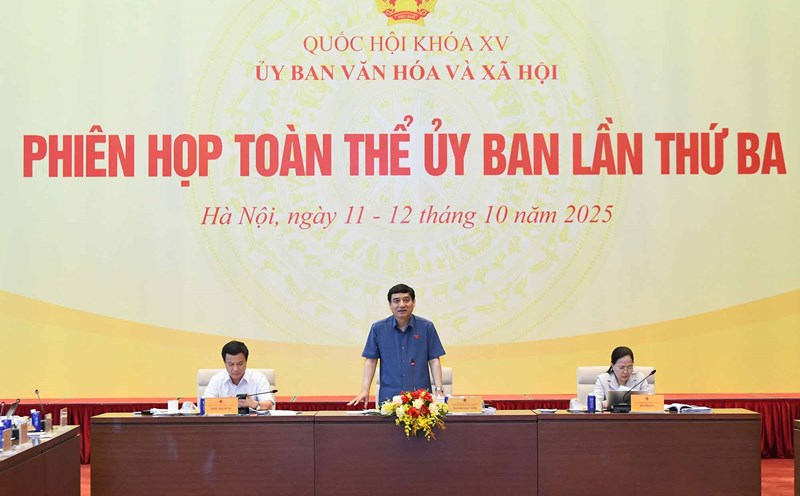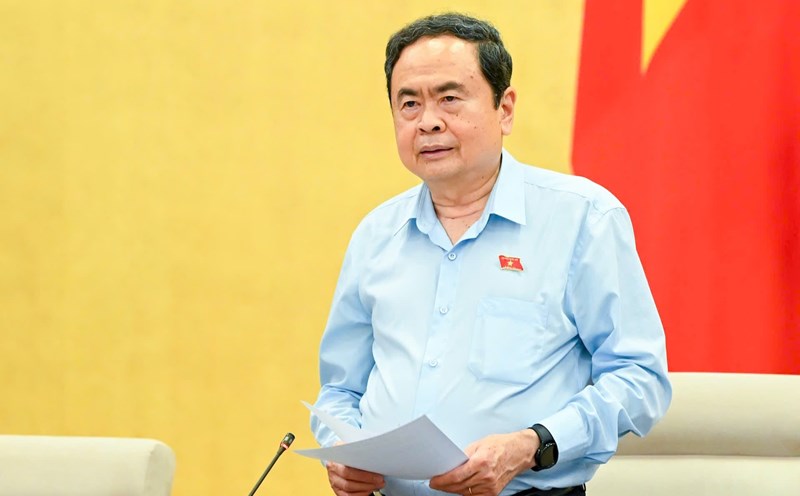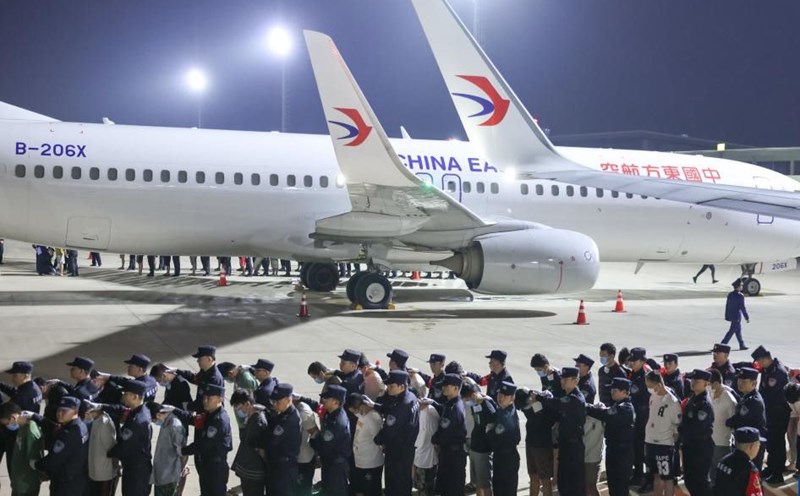Press-business cooperation models around the world show that this is an inevitable trend, contributing to promoting sustainable development and increasing competitiveness of both sides.
The inevitable trend of cooperation
In the digital age, global press is facing two major challenges: Changes in public information reception behavior and financial pressure due to declining traditional advertising revenue. Businesses are also facing significant pressure from the market, requiring a transparent and multi-dimensional communication strategy. The meeting between the need for quality information and the desire for effective communication has promoted the cooperative relationship between the press and businesses.
Guardian and strategic handshakes
One typical example is Guardian Media Group (UK). In 2025, Guardian announced a strategic partnership with OpenAI to bring a quality press data warehouse to the ChatGPT platform. This creates a stable source of copyright revenue, while helping Guardian expand its global readership, while technology businesses have a reliable source of content to serve users.
Previously, Guardian also joined hands with Sony Pictures Entertainment to exploit a warehouse of investigative articles, long-term reports, adapted into films and TV shows. This is an example showing that journalism can become a creative " resource" for the entertainment industry, while expanding the social influence of journalism works.
Even with young media companies like Vice, Guardian are ready to cooperate to reach young audiences, creating a resonance of content. It is noteworthy that the Guardian still maintains the principle of press independence, while taking advantage of the strength of the business alliance to enhance competitiveness.
Press and technology together support the small business community
In the US, the press-business relationship is also demonstrated through the connection with social organizations and the community. OpenAI and the American Journalism Project have established a cooperation fund worth more than $5 million to support local newsrooms. These are places that directly accompany small businesses, local associations, and the startup community.
With AI tools and new resources, local press can better reflect the lives of the grassroots economy, thereby creating an information bridge between businesses and society.
Google News Initiative is also a notable example. In 2023, Google expanded its cooperation with dozens of news agencies in Europe and the US to train and provide anti-fake news tools, while funding press projects on climate change and the digital economy. For businesses, this is an indirect but effective way: A healthy information environment helps the market become transparent and enhances social trust in business activities.
Asia: Press and businesses go together
In Asia, this relationship has many different shades, reflecting the cultural and economic diversity of the region.
In Singapore, PR Newswire international press release distributor cooperates with SPH Media, a corporation that owns The Straits Times, to distribute the company's press release to quality readers, especially in the financial sector. The company has a transparent communication channel, while the news agency has more revenue to maintain press quality.
In Japan, Google has implemented News Showcase with more than 40 publishers such as Yomiuri Shimbun, Asahi Shimbun, Nikkei Inc. The press is covered by copyright fees, while companies have official channels to promote product information and strategies. This not only supports businesses, but also protects the press ecosystem from the wave of unverified social networks.

Meanwhile, in Macau (China), Asia-Pacific press release distribution service Media OutReach Newswire cooperates with Macau Business in distributing corporate news. Corporations in the region can use the press to reach customers and partners, while newspapers have more content close to reality.
In Malaysia, Star Media Group cooperates with its Chinese counterpart in a number of communication programs. Although there is still much debate, this is also an example of cross-border press-business connection, affecting information flows and regional markets.
In addition, the Asia Investigative Journalism Network (GIJN) also showed the strength of cooperation. Many small news agencies are linked together to share data, costs, and technology to investigate cases that have a great impact on businesses and the regional economy, from the environment to anti-corruption.
parallel benefits
The above examples show a clear common point: Businesses benefit when the message is conveyed through legitimate press channels, thereby strengthening prestige and trust with the public. On the contrary, the press has more resources, diversifies revenue and takes advantage of technological strength as well as partners to maintain content quality. Society also benefits.
A transparent information ecosystem helps the market operate more healthily, limits fake news and enhances social responsibility.
The important thing is that the press must maintain its independence and professional principles.Cooperation does not mean exchange, but takes advantage of each side's strengths for mutual development.
In Vietnam, as the business community is increasingly becoming the backbone of the economy, the press has a great opportunity to accompany.
Not only stopping at advertising, this relationship can be expanded to creative forms such as economic sites, community communication projects, cooperation in digital data or events connecting businesses with the public.
The world has had many successful models: Guardian cooperates with technology corporations, SPH Media shakes hands with PR Newswire, or Google supports Japanese news agencies. These experiences show that the press can both maintain its independence and play a bridging role in promoting economic development.
In the context of globalization, press-business relations are not simply communication, but are also associated with sustainable development of both sides. When the press accompanies businesses in the spirit of social responsibility, both are empowered: Businesses receive market trust, the press has resources to maintain quality, and the society has a transparent and fair information environment.











